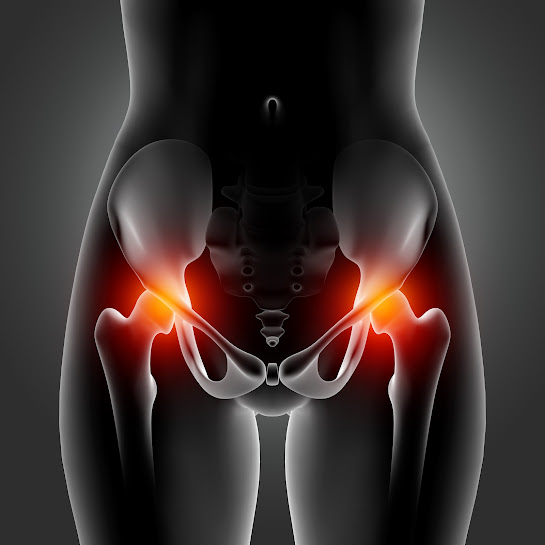This is Why Vitamin D Is Essential For Bones
Approximately 16,000 new cases of AVN in India
Today doctors are noticing a significant increase in cases of avascular necrosis, especially after Covid19. Avascular Necrosis is a condition when due to lack of blood supply bone death occurs. People between the age group of 30-50 are more prone. However, the exact numbers are difficult to quote but around 2500 to 3300 cases of the hip.
If AVN is diagnosed at an early stage it can be treated with effective cell therapy treatment. Ossgrow Bone Cell Therapy is one of the leading treatments for AVN. One of the major contributing factors is the lack of Vitamin D. Vitamin D is a fat-soluble vitamin and is necessary for the maintenance of strong bones. The experts at Regrow Biosciences have shared reasons why you must focus on the intake of Vitamin D.
Why maintaining Vitamin D levels is difficult?
The noticeable Vitamin D deficits are bone pain and muscular weakness. Many people either have mild symptoms. However, if you don't have any symptoms, not getting enough vitamin D can be harmful to your health.
Vitamin D deficiency is caused by a variety of factors, including:
Inappropriate vitamin levels consumption
Limited sun exposure
Deficiency in vitamins A and K2
Deficiencies in Magnesium and Boron
The function of the liver, kidneys, and intestines are all affected.
Obesity
Let’s begin with understanding how different levels of vitamin D can impact a person.
Vitamin D levels under30ng/ml are considered to be a deficiency. People whose levels are in the range of 30-50ng/ml have an insufficient amount. The optimum amount of vitamin D is 50-70ng/ml. If a person hai 70-100ng/ml they can be suspected of having cancer or heart disease whereas more than 100ng/ml is an excessive amount.
There is either a problem generating vitamin D in the skin from sun exposure or a problem with vitamin D3 absorption in the stomach when there is a persistent vitamin D deficiency. The immune system and vitamin D blood levels are inextricably linked. It has been noticed that patients who died from the Covid-19 coronavirus had vitamin D levels of 15 ng/mL or less in their blood. Vitamin D blood levels of greater than 30 ng/mL are seen in those who survive. A vitamin D blood level of 50 to 80 ng/mL is indicated for an excellent immune system.
Calcium is one of the key minerals that are needed for strong bones. Without enough calcium, the bones can become brittle. It helps to form bone and helps to prevent diseases like osteoporosis.
When you lack vitamin D, your body cannot properly take in calcium from food or supplements. This can lead to a decrease in the amount of calcium in your bones and an increase in the risk of osteoporosis, fractures, and other diseases related to insufficient calcium intake.
Conclusion
Excess or deficiency of Vitamin D both are dangerous for a person. Vitamin D intoxication can lead to bone discomfort and renal issues, including calcium stone development. Whereas deficiency could lead to weak bones. Take a step forward for your bone health before it leads to bone-ailments such as AVN, Arthritis, and many more.



Comments
Post a Comment